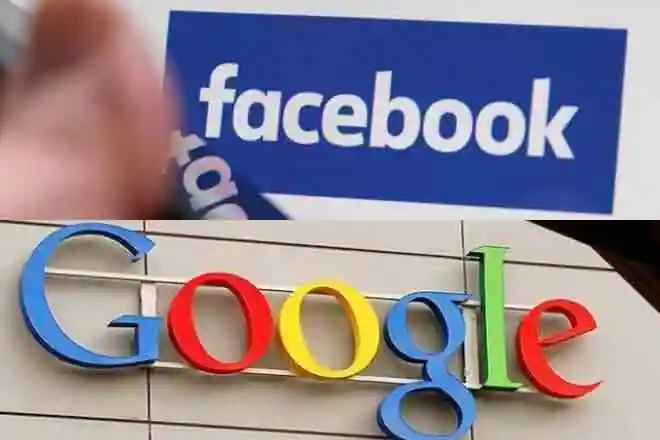After Australia, Canada and France, now India is reportedly setting the very last touches to a brand new piece of law that might make tech giants like Google and Facebook pay for the information content material they show on their systems.
If implemented, the proposed law might compel international tech majors which includes Alphabet (proprietor of Google, YouTube), Meta (proprietor of Facebook, Instagram and WhatsApp), Twitter, and Amazon to pay Indian newspapers and virtual information publishers a percentage of the sales they earn via way of means of the use of unique content material produced via way of means of those information outlets.The want for the law stems from the reality that whilst the tech giants earn sales from setting up information content material from the media homes, they fail to percentage the income fairly. For information publishers, there was a developing challenge that those virtual information intermediaries have opaque sales models, closely biased toward themselves.
There has been a international fightback towards Big Tech’s abuse of its dominant role at the internet. The information industries in numerous nations were sufferers of exploitative and monopolistic practices. And now, nations are beginning to search for methods to address and shrink the threat via law and/or fines and penalties
Countries like France and Australia have delivered particular legal guidelines so as to offer a degree gambling discipline for his or her home information publishers whilst negotiating techno-industrial contracts with Big Tech. Canada has lately tabled a Bill that proposes to quit Google’s dominance and make certain honest sales sharing.
These actions aren’t only for the advantage of the media companies. Even clients will advantage.
Here’s how sales sharing among virtual systems and information companies will advantage clients:
HIGH QUALITY NEWS
Securing a honest pay for the information content material they generate will offer a consistent and massive sales movement for the media homes. This sales may be utilised to overtake their virtual information portals, appearance past the rat race of visitors, pageviews and search engine optimization ratings and awareness on growing excessive fine, numerous and correct content material for the readers.
INVESTMENT IN JOURNALISTS
Having greater finances at their disposal will permit information institutions to lease greater newshounds and pay their present personnel higher. This will incentivize higher fine journalism and additionally assist publishers begin getting clients to pay immediately for content material. In turn, this may lessen reliance on virtual marketing and marketing streams.
CHECK ON FAKE NEWS
There has been a developing fear that systems which includes Google and Facebook earnings off faux information due to the manner their algorithms are structured. Google, for example, is thought to serve forty eight according to cent of all its advert visitors to information webweb sites that peddle faux or deceptive information. Facebook, too, has been accused of finishing up selling incorrect information over authentic information, as become visible for the duration of the 2016 US elections and the Covid-19 pandemic.
While conventional information media have self-regulatory mechanisms or 1/3 birthday birthday celebration oversight over their content material, Big Tech channelizes all styles of information with very little oversight. A sweeping set of reforms that reduces incentives for incorrect information will reign withinside the threat of faux information to a superb extent.
NO CUTTING CORNERS
It isn’t anyt any mystery that as sales shrinks, the information enterprise takes shortcuts to hold the value of commercial enterprise low if you want to continue to be afloat. An inflow of finances from virtual systems for the information they generate might permit media homes to loosen their handbag strings, channel assets in which they certainly depend and increase newer, slicker, greater consumer-pleasant methods of disseminating information.


0